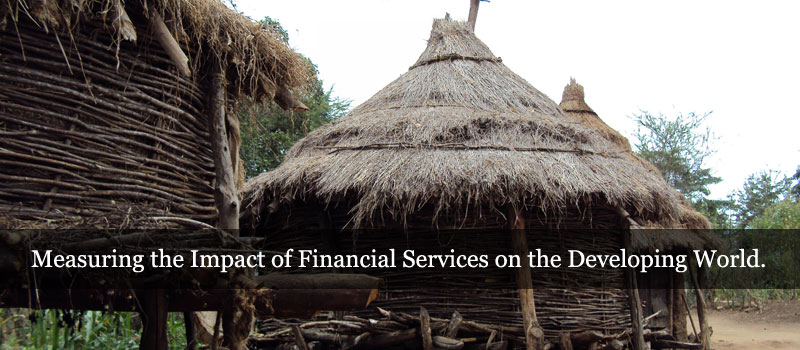Measuring Spillover Impacts of Formal Savings in Rural Malawi: Effects on the most Vulnerable Non-Users
For microfinance programs and policy interventions in developing economies, spillover impacts on those not directly affected by the program may be just as important as direct effects, even over the immediate term.
This paper, using data from Malawi, examines the spillover effects of formal savings from users onto non-users. In doing so, it shows that formal financial services can strongly interact with pre-existing informal safety nets for the poorest households and affect their welfare outcomes. The short-term impacts found on non-users indicate microfinance can have much broader effects than suggested by studies which focus exclusively on service-users themselves.
In 2007, the Bill & Melinda Gates Foundation provided funding to Opportunity International Bank in Malawi (OIBM) for a fully-equipped bank on wheels to service the rural areas. Introduced in late 2007, the bank rapidly expanded access to formal services, particularly savings, in three of the largest districts of central Malawi: Lilongwe, Mchinji and Dedza. This paper takes advantage of the expanded access to formal savings provided by the OIBM mobile bank and is based on quantitative panel data from 2,006 randomly selected households in three rural districts of Central Malawi, collected in two periods: the first during February and March of 2008, the second during the same period of 2010.
A cluster randomized matched-pair encouragement design that randomly assigned information on formal financial services at the community level is used to examine the impacts on the poorest of the poor of expanded access to financial services. Specifically,
- What happens to traditional forms of social safety nets and informal insurance as villagers begin to use formal savings?
- How are non-users in a village community affected when other community members begin using formal savings?
- How is the ability of the most vulnerable households to cope with food insecurity and illness affected by the expanded use of formal savings?




